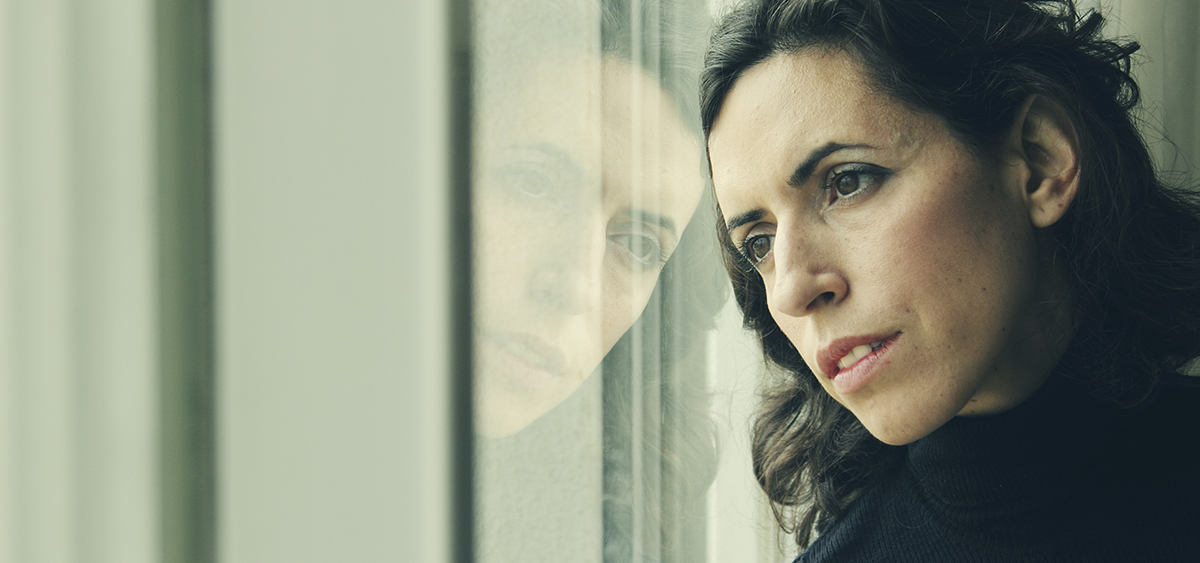Adopted children often want to learn more about or find their biological parents. Also, many people who have given a child up for adoption would like to reunite with the child. Can this be done?

|
Important! Different rules might apply for international adoptions and Indigenous customary adoptions. |
Adoption files are usually confidential
The general rule is that adoption files are confidential. However, an exception is made if both the adopted child and biological parent are looking for each other. The law makes other exceptions as well, for example, to prevent a marriage between blood relatives, or for study and research purposes if the people concerned remain anonymous.
Getting information about your biological parents
You can get a summary of your family and medical antecedents, which is a summary of the information in your medical file from the day you were born to the day you were adopted. You can also get some information about your biological parents.
Unless your biological parents have formally stated they don’t want to disclose this information, you can also find out your birth name and the name of your biological parents.
If you’re 14 or older, you can get the information from the Centre jeunesse (youth centre) of the region where you were adopted. Just fill out a form and provide any information you already have to help locate your file. If you’re under 14, your parents must do this for you.
If you need specific medical information about your biological parents that isn’t in your family and medical antecedents, your biological parents must agree to give it to you (you need their consent). But there is an exception when your health, or the health of a close relative (such as your child), is at risk because you don’t have the information. You must apply to the Youth Division of the Court of Québec and explain your situation.
Finding your biological parents
Important! If you’re under 14, you can try to find them only if your adoptive parents agree.
There are three steps before you can meet your biological parents.
- Fill out an application at the Centre jeunesse of the region where you were adopted. You can do this when you ask for a summary of your family and medical antecedents or after you receive this information.
When you were adopted, your biological parents might have formally stated they don’t want to be contacted. The Centre Jeunesse will check whether they made such a statement. If not, the Centre jeunesse will try to locate your biological parents using the information in your file and by contacting the Régie de l’assurance-maladie (health insurance board) to obtain their most recent address. - The Centre jeunesse will contact your biological parents to let them know you want a reunion. Your biological parents have three options:
- agree to be contacted
- agree to be contacted if some conditions are met
- refuse to give you any contact information
- If your biological parents agree to be contacted, the Centre might suggest that a worker from the Centre attend the meeting. In many regions, you can ask to be accompanied by a volunteer from Mouvement Retrouvailles, an organization that helps people affected by adoption.
Mouvement Retrouvailles provides support at each of these steps. To find a location near you, call their head office at 1-888-646-1060 or visit their website.
Finding a child you gave up for adoption
You can only get identity and contact information about a biological child you gave up for adoption after the child turns 18.
If the child is 18 or older, you can apply for a search at the Centre jeunesse of the region where the adoption took place. The Centre will proceed in the same way as for adopted children looking for their biological parents. A child who is located has the same three options as the biological parents of a child who requests a reunion with them.
Finding a sister or brother who was adopted
You must fill out an application for a search and reunion at the Centre Jeunesse. The Centre can tell you what other steps to take.







